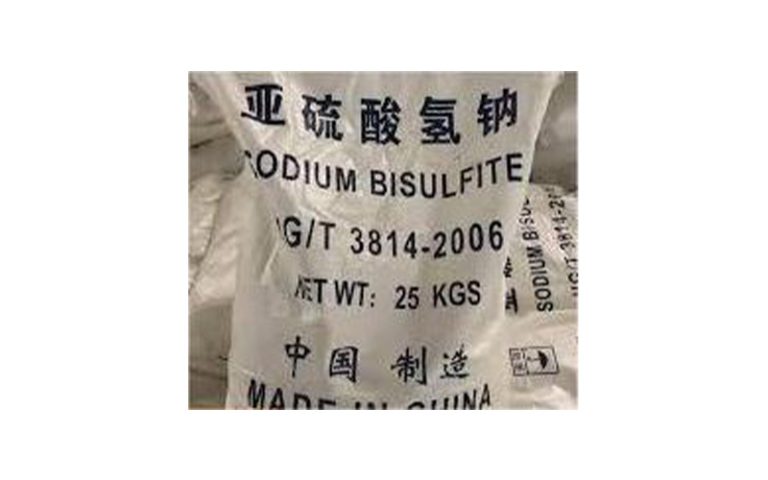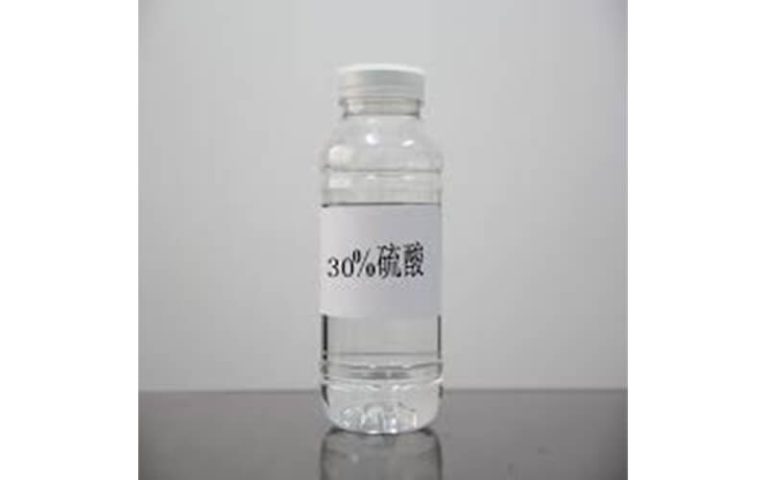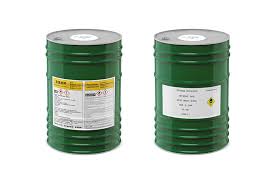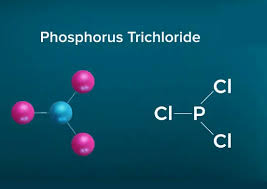Sodium Chlorate Acid or Base? Properties Explained
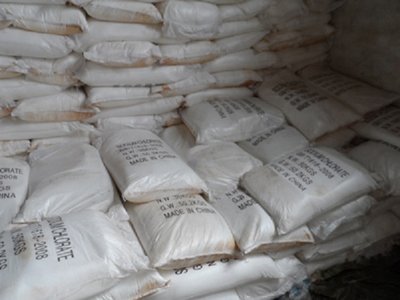
Sodium chlorate, with the formula NaClO3, is a compound that interests many. It’s an ionic compound with special properties. Knowing if it’s an acid or base is key for safe use in many fields.
Sodium chlorate has sodium (Na+) and chlorate (ClO3-) ions. This mix can make it act like an acid or base, depending on the situation. Looking into its chemical makeup helps us understand its pH levels and nature.
- Sodium chlorate is an ionic compound with the chemical formula NaClO3.
- The compound’s behavior in aqueous solutions is influenced by its ionic nature, which can determine whether it is an acid or a base.
- Understanding the chemical structure and physical characteristics of sodium chlorate is crucial for understanding its properties and applications.
- Analyzing the pH levels and ionic interactions of sodium chlorate in different environments can help determine its acid or base classification.
- Exploring the various industrial and commercial uses of sodium chlorate further highlights the importance of comprehending its chemical properties.
Chemical Structure and Basic Properties of Sodium Chlorate
Sodium chlorate is a key chemical in many industrial processes. Its molecular structure and properties make it valuable in different fields. Let’s explore what makes this substance so special.
Molecular Composition and Formation
Sodium chlorate has the formula NaClO3. It’s made of a sodium ion (Na+) and a chlorate ion (ClO3–). It’s created by mixing sodium hydroxide (NaOH) and chlorine (Cl2) in water. Then, it’s purified through crystallization.
Physical Characteristics and Stability
Sodium chlorate is colorless and odorless, appearing as crystals or a white powder. It dissolves well in water. It has a melting point of 248°C (478°F) and boils at 381°C (718°F). Being a strong oxidizing agent, it can start chemical reactions that release oxygen. This is why it’s used in many industries.
Common Industrial Applications
- Herbicide: Sodium chlorate kills weeds in farms and industrial areas.
- Paper production: It’s used to bleach paper, making it whiter and brighter.
- Oxidizing agent: Its ability to oxidize makes it useful in chemical reactions.
| Property | Value |
|---|---|
| Molecular Structure | NaClO3 |
| Appearance | Colorless crystals or white powder |
| Melting Point | 248°C (478°F) |
| Boiling Point | 381°C (718°F) |
| Solubility in Water | Highly soluble |
| Chemical Classification | Strong oxidizing agent |
Is Sodium Chlorate Acid or Base? Understanding Its Nature
Sodium chlorate is a chemical that people often wonder about. In its solid form, it is a neutral salt. This means it’s not very acidic or basic. But, when it dissolves in water, it can change the pH level through hydrolysis.
When sodium chlorate mixes with water, it breaks down into sodium and chlorate ions. The chlorate ions then react with water. This creates hypochlorous acid and hydroxide ions. The solution becomes slightly basic, with a pH just above 7 on the pH scale.
- Sodium chlorate is a neutral salt in its solid form.
- In aqueous solutions, sodium chlorate undergoes hydrolysis, forming hypochlorous acid and hydroxide ions.
- The resulting aqueous solution has a pH slightly above 7, making it slightly basic in nature.
The acid-base behavior of sodium chlorate is not very strong. Its pH in water is usually between 7.5 and 8.5. This makes it a mild chemical in terms of its acid-base properties.
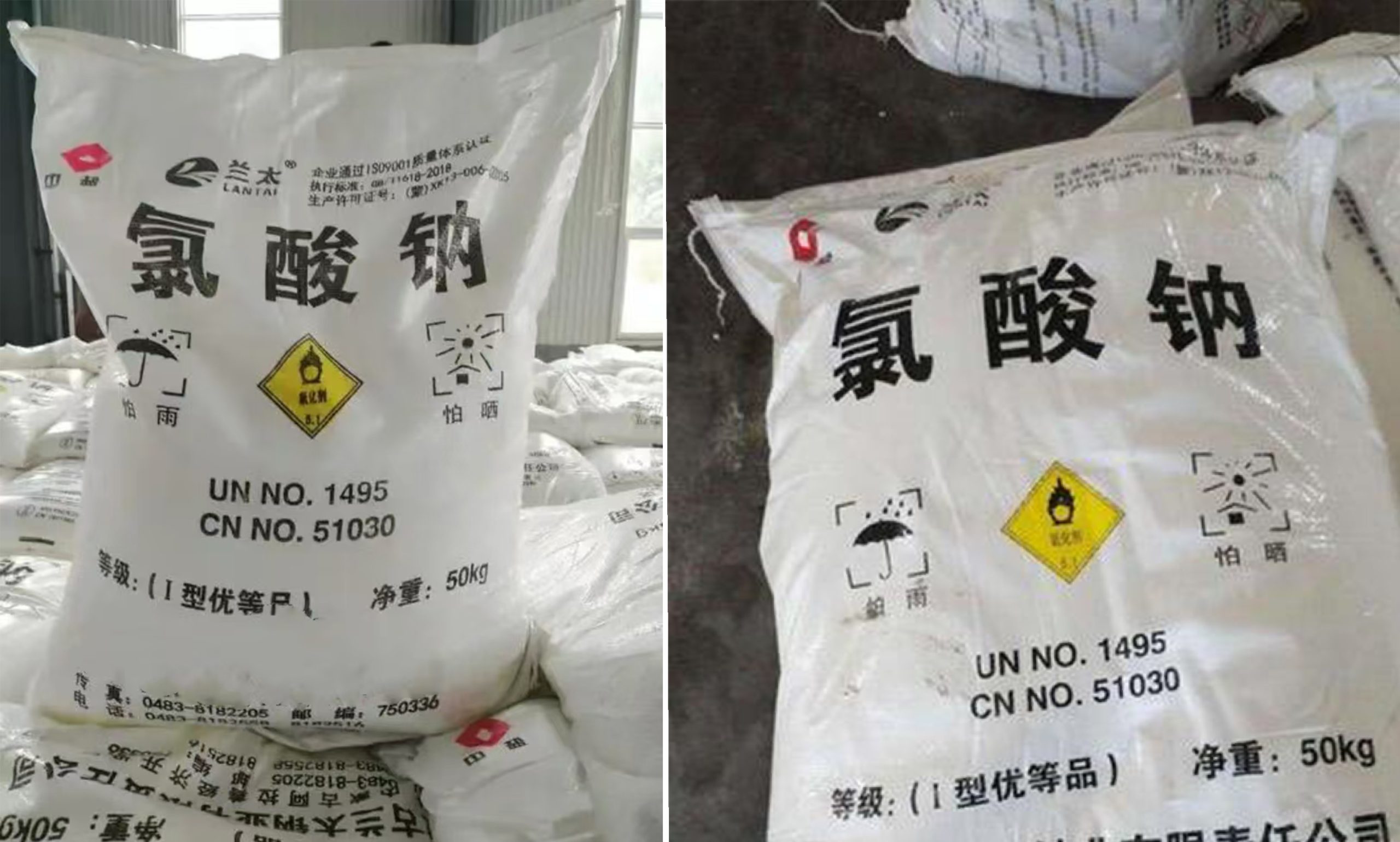
Conclusion
Sodium chlorate has unique chemical properties and an acid-base nature. Knowing this is key for safe handling and use in industries. It’s used in water treatment and pyrotechnics.
Understanding sodium chlorate’s properties helps in setting up safety measures. This knowledge is crucial for managing it safely. It reduces environmental harm and keeps workers and nature safe.
As we delve into sodium chlorate’s uses, knowing its chemical nature is essential. We must focus on safety, sustainability, and innovation. This way, we can use it fully while protecting our environment and health.
FAQ
What is the chemical formula of sodium chlorate?
The chemical formula for sodium chlorate is NaClO3.
Is sodium chlorate an acid or a base?
Sodium chlorate is neither a strong acid nor a strong base. It is a neutral salt that can react in water.
What are the common industrial applications of sodium chlorate?
It’s used in making herbicides, paper, and as an oxidizer in chemical processes.
What are the physical characteristics of sodium chlorate?
Sodium chlorate is a white, crystalline solid. It’s stable at room temperature.
How is sodium chlorate formed?
It’s made by mixing sodium hydroxide with chlorine gas. This creates sodium chlorate and water.
What is the pH of a sodium chlorate solution?
Sodium chlorate solutions have a neutral pH. This is because it’s a neutral salt that doesn’t change the pH much.
yuhan Sodium Chlorate Acid:https://www.yuhanchemi.com/sodium-chlorate
We support product customization Specific specifications, grades, reagents, price comparison is welcome
Contact us:https://www.yuhanchemi.com/contact

